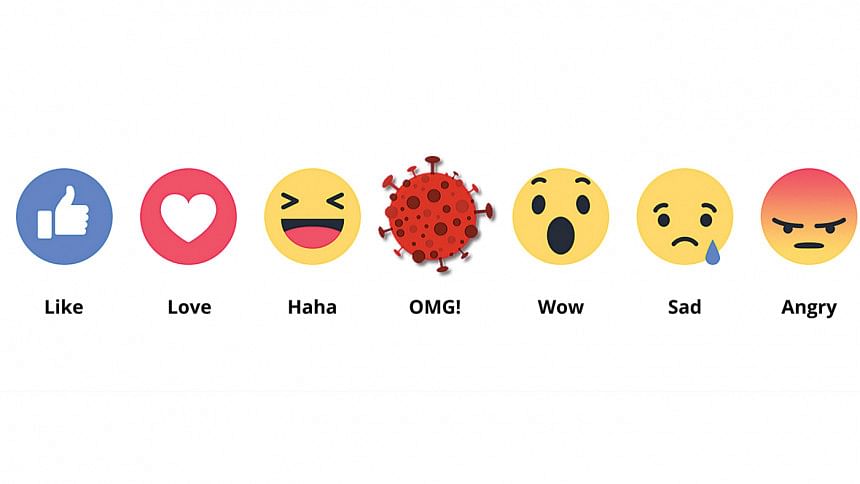Facebook’s “coronavirus problem”

Facebook, instead of being the great connector of humans across borders and distances, is more often a hub of controversies. With a "misinformation outbreak" accompanying the Covid-19 pandemic, Facebook has now become a perfect mishmash of facts and misinformation. The way Facebook tackles this problem should be dissected and examined to see what it gets wrong.
How Facebook's digital inspectors failed
With such a large flow of data through its servers, Facebook uses artificial intelligence (AI) to flag posts as spam, inappropriate, etc. Suffice it to say, AI is not perfect. The problem becomes even worse as Facebook's human moderators are on home lockdown and cannot work at their usual efficiency. The spread of misinformation has been so widespread and the data traffic being so much that even Facebook's tech has failed. The result was the activation of a kill-switch that deleted most Covid-19 posts- factual and misleading. This created an information vacuum.
The problem was supposedly "fixed", yet I found a couple of posts on my news feed regarding Covid-19 hoaxes. Many private Facebook groups have been formed with an invite-only entry where Facebook puts little to no inspection. The problem has certainly gone out of control and to a point where leaders and experts are urging Facebook's users to stop sharing false information.
Facebook's WhatsApp — a trend continued
WhatsApp, one of Facebook's acquired ventures, does not have a good track record either. In this scenario, one of WhatsApp's strengths becomes its weakness. WhatsApp boasts its end-to-end message encryption between users where a third party cannot view the messages. Facebook brings this up as one of the reasons for not being able to filter messages. The problem becomes even more difficult as some messages (hoaxes) are not shared from pages, but are rather organic and composed from the user itself. WhatsApp has appointed employees for policing within large groups and also has a dedicated chat to provide correct information to its users. Its effectiveness is yet to be seen.
Conspiracy theorists on Facebook
Facebook has done little on moderating posts from "online Sherlocks". You will see one-page long analyses almost every day on your news feed. Whether this is fake news or not is just another discussion but it is something based on pure speculation and lack of evidence.
References
1. Forbes.com (March 17, 2020). Facebook Deleting Coronavirus Posts, Leading To Charges Of Censorship.
2. The Washington Post (March 25, 2020). Facebook sent home thousands of human moderators due to the coronavirus. Now the algorithms are in charge.
3. CNN Business (March 19, 2020). Facebook has a coronavirus problem. It's WhatsApp.
Osaman loves thinking about psychology, tech, and loves playing games. To provide feedback and have a small discussion over a hypothetical cup of tea, mail him at [email protected]

 For all latest news, follow The Daily Star's Google News channel.
For all latest news, follow The Daily Star's Google News channel. 








Comments